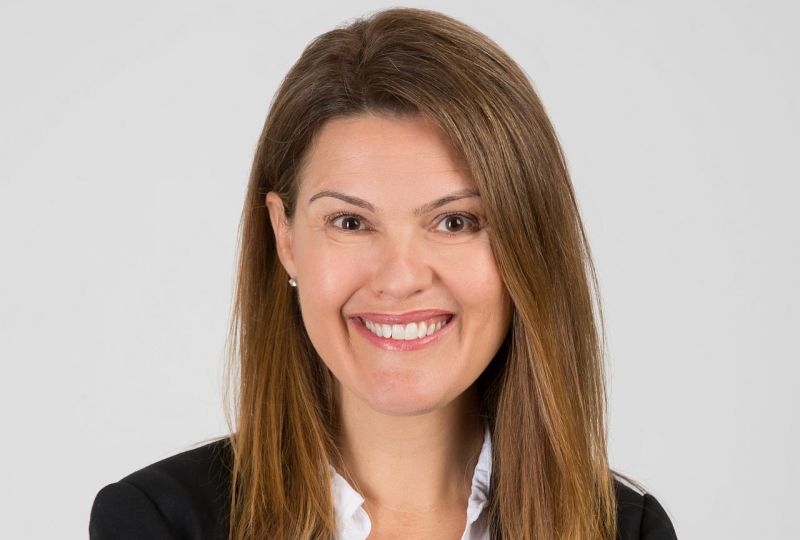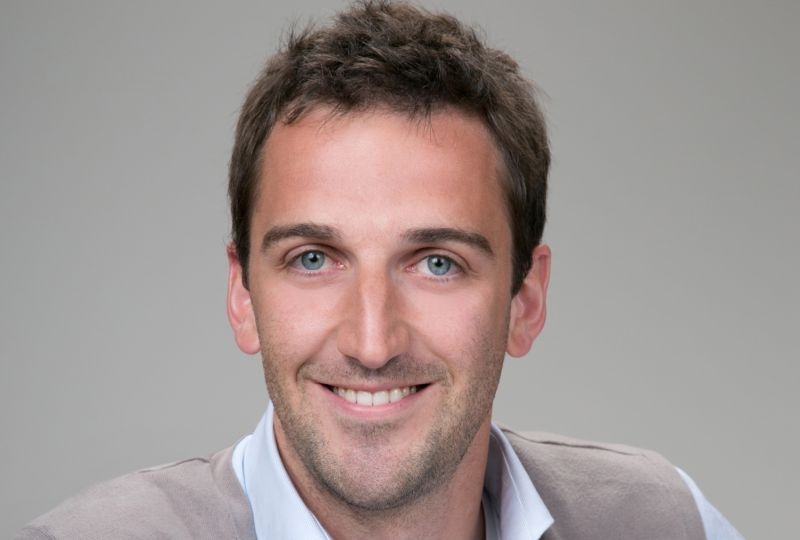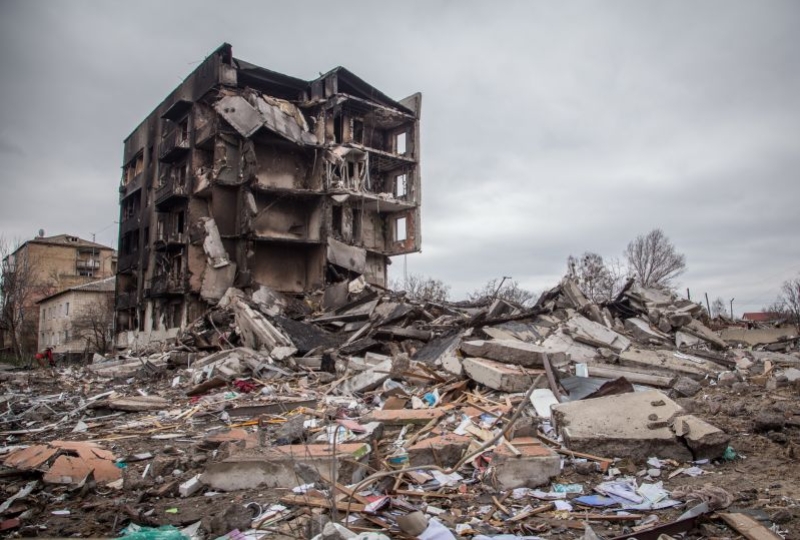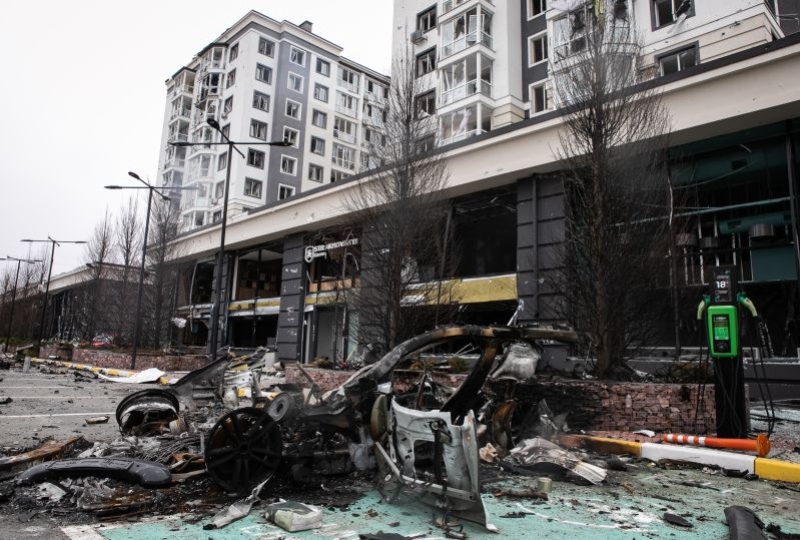Along with 23 governments, the Geneva Academy – via its IHL-EP – requested to intervene as a third party in the proceedings before the European Court of Human Rights (ECtHR) concerning the case of Ukraine v. Russia (X) (application no. 11055/22).
This inter-State case concerns the Ukrainian Government’s allegations of mass and gross human rights violations committed by the Russian Federation in its military operations on the territory of Ukraine since 24 February 2022.
‘In our request, we offered to provide an informed and balanced analysis of several, crucial issues raised by that case. These include the extra-territorial application of the European Convention on Human Rights (ECHR), the attribution of conduct and its interaction with the questions of establishing jurisdiction and classifying armed conflicts, the relationship between the ECHR and the international legal prohibition on the threat or use of force, and the interplay between the ECHR and IHL’ explains Dr Francesco Romani, Research Fellow at the Geneva Academy.
‘By participating in court proceedings such as this, and delivering rigorous and neutral advice on questions pertaining to the interplay between IHL and human rights law, our IHL-EP works to enhance the legal protection afforded victims of armed conflict’ underlines Dr Harper.











